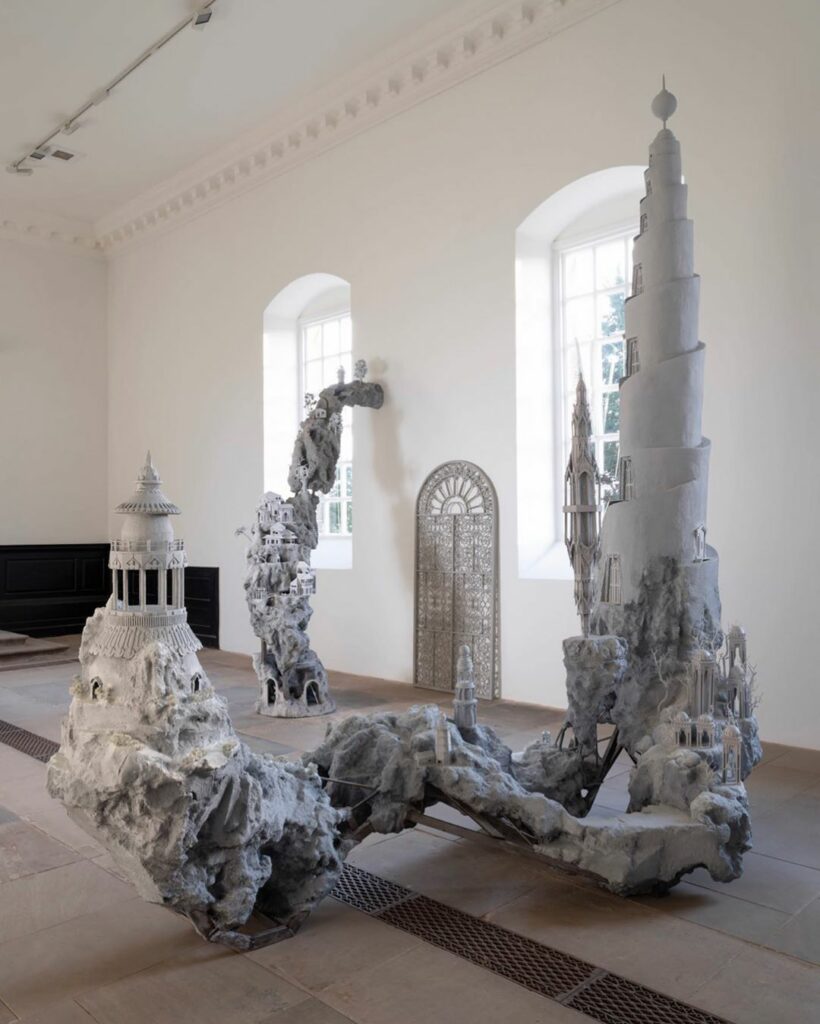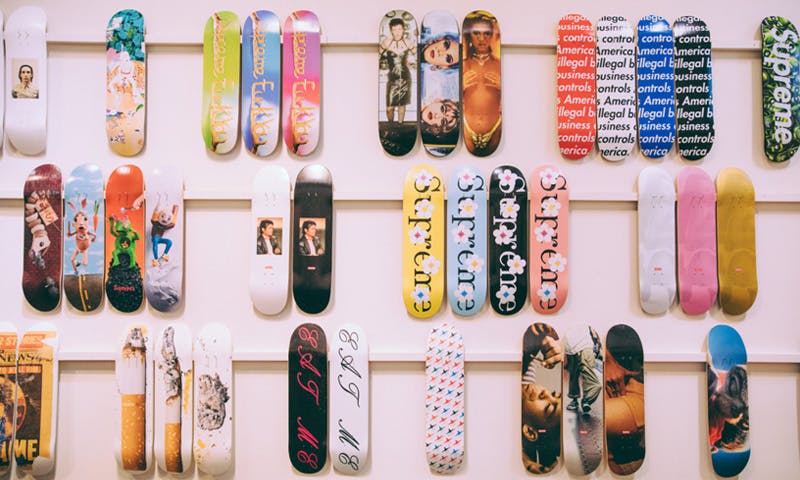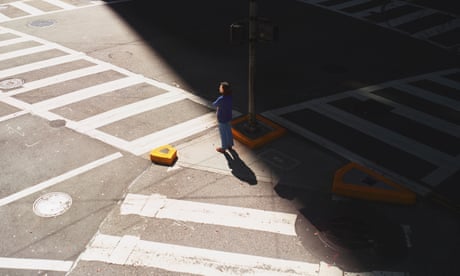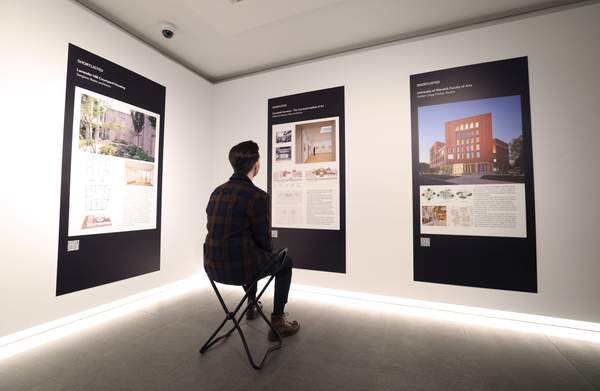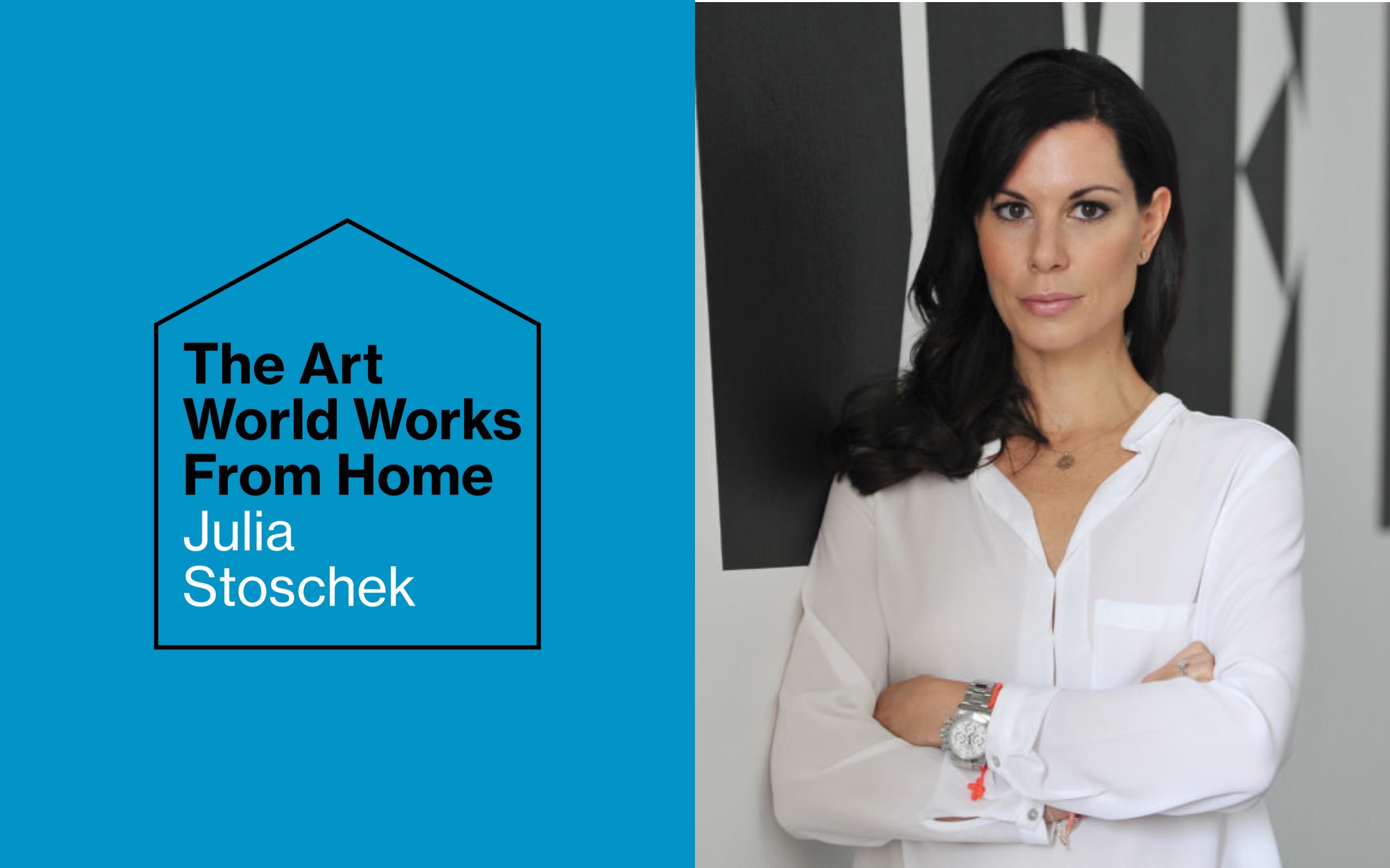Parthenon Marbles
- Performance (Performance)
Ongoing performative action
Alexandra Pirici
Furthering Alexandra Pirici’s enquiry into the economy and circulation of artworks, Parthenon Marbles is an immaterial version of the sculptural ensemble embodied by five performers. This ongoing performative action presents and addresses the challenges in the financial and legal implications and value of the original sculptures as cultural capital. The original Parthenon Marbles are a collection of Classical Greek marble sculpture inscriptions and architectural pieces that were originally part of the temple of the Parthenon and other buildings in the Acropolis of Athens, Greece. A major part of the ensemble is held by the British Museum and is known as “the Elgin Marbles”; other Parthenon Marbles can be found in different European museums including the Musée du Louvre in Paris. The Greek government has claimed restitution of Parthenon marbles since its independence from the Ottoman Empire (1832), resulting in an ongoing dispute regarding the diplomatic relationship between Greece and the United Kingdom. Pirici proposes an ongoing action commenting on this request of repatriation as a metaphor and an entry point into a larger discussion about capital, accumulation, circulation, redistribution and the role of the arts within the economy of today. The piece proposes a performative repatriation, an immaterial version of the sculptural ensemble, to be embodied by performers in the Acropolis Museum at the site prepared for the originals. This action is complemented by research into the financial and legal implications of the sculptures’ situation: a speculative journey into a “what if” scenario of return, starting with statistics exemplifying the Parthenon Marbles importance for the future revenue of the institution, the touristic appeal of the city of Athens and their value as cultural capital. The textual layer performed is a result of the collaboration with curator and writer Victoria Ivanova, which looks at the work in relation to the financial concept of the derivative as a tool for identifying concrete but obscured socio-economic advantages of holding prized artifacts as well as a means for redistributing value through dematerialization/re-materialization and re-circulation.
The performative work of Alexandra Pirici (b. 1982, Bucharest, Romania, currently based between Bucharest and Berlin) addresses the political potential of aesthetics by connecting movement — specifically, the body and its energy — to a re-reading of historical and art historical narratives. She produces enactments, or living sculptures, with performers referencing existing sculptures or monuments in specific contexts. Her first actions in Bucharest occurred in the context of the economic crisis and continuous budget cuts for the arts; notably “If You Don’t Want Us, We Want You” (2011), which confronted the placing of human bodies in relation to heroic, sometimes controversial sculptures, or monuments in public spaces in Bucharest. Intended as a protest action against the state’s cultural policy, these interventions produced friction with playfulness and humor, de-monumentalizing official populist art with the live presence of the human scale. Central to her practice is the questioning of a performance’s function within today’s event economy. Through continuing to interrogate and enquire about the possibility of collective bodies in space and time, Pirici’s work attentively provides an important insight into the living and digital age.
Colors:
Related works sharing similar palette

© » KADIST
Helina Metaferia
2023By Way of Revolution is a series that addresses the inherited histories of protest that inform contemporary social movements...

© » KADIST
Robert Therrien
1985In No Title (Blue Chapel) Therrien has reduced the image of a chapel to a polygon...

© » KADIST
Antonio Pichillá
2017Wind by Antonio Pichillá is a textile piece depicting the glyph that represents the element wind in the Mayan tradition...
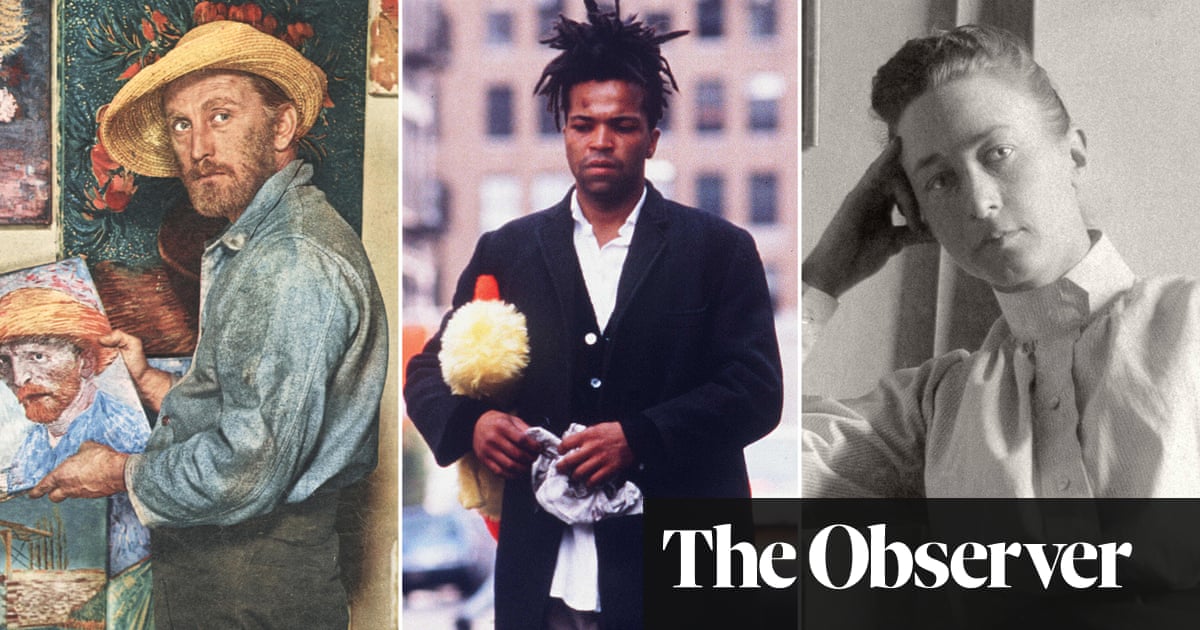
© » ARTSJOURNAL
Streaming: the best films about artists | Movies | The Guardian Skip to main content Skip to navigation Skip to navigation From left: Kirk Douglas as Vincent van Gogh in Vincente Minnelli's ‘unabashedly gorgeous' Lust For Life (1956); ‘raw, restless' Jeffrey Wright in Julian Schnabel's Basquiat (1996); the Swedish artist and mystic Hilma af Klint in Halina Ryschka's documentary Beyond the Visible (2019)...

© » DAZED DIGITAL
Michaela Stark & Sports Banger team up to troll fatphobes | Dazed â¬…ï¸ Left Arrow *ï¸âƒ£ Asterisk â Star Option Sliders âœ‰ï¸ Mail Exit Fashion Feature In response to hate comments targeting the subversive designer’s Victoria’s Secret collaboration, the pair clap back with a new t-shirt 12 December 2023 Text Dominic Cadogan There’s an old saying: ‘If you don’t have anything nice to say, don’t say anything at all’...

© » WHITEHOT
A conversation with Onyedika Chuke, artist and curator of STORAGE advertise donate post your art opening recent articles cities contact about article index podcast main December 2023 "The Best Art In The World" "The Best Art In The World" December 2023 A conversation with Onyedika Chuke, artist and curator of STORAGE Onyedika Chuke...



